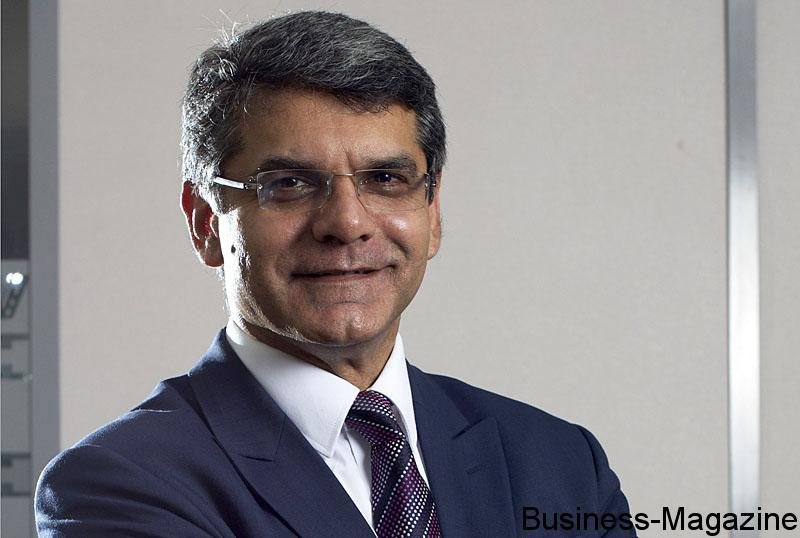
Brexit: blessing for our British heritage?
When David Cameron called for a referendum on UK role in EU, this was somehow expected but still the market reacted negatively. GBP traded below $1.39, a seven year low and the stock market took a nosedive. Democratically, the Prime Minister gave the power to the people to decide their destiny. This is a popular political decision but is it a sign of weak leadership or a political ploy to exit EU diplomatically?
In a poll of more than 100 economists for the Financial Times at the start of 2016, more than three quarters considered that Brexit would adversely affect the UK’s medium-term economic prospects, which is nine times more than the 8 per cent who thought Britain’s economy would benefit. Are the economists right or are they being adverse to change, a usual trait of economists these days!
The lawyers will have a “bumper crop” given the impact of Brexit on financial services, loan documentation, dual listings, cross border insurance, competition commission while cross border tax implications will also create work for accountants.
However, the million dollar question is: does Brexit improve the sluggish UK economy or put a hand brake to growth? What is certain is that UK will break away from the shackles of EU and in the long term should enhance the country’s competitiveness. However, this same competitiveness will be eroded as UK borders will be closed to East Europeans and the era of cheap labour will disappear. This will increase the costs of doing business in the UK. The trade-off is very hard to forecast and only hindsight will answer whether Brexit works for UK or not.
Where does this uncertainty leave us, our tiny island 12 hours flight from London? Where will the impact be felt: sugar, tourism and financial services are the main actors that could be in the firing line. In my humble opinion, Brexit is yin and yang, opportunities and threats!
Our exports to UK stood at Rs11 bn last year compared to an import of Rs3 bn. Our main exports to UK are textile and garments (Rs 4.9 bn), fish (Rs 2.1 bn) and sugar (Rs 1.1 bn) while our tourism revenue from UK tourists amount to Rs 4.8 bn. Should the UK economy gets worse, the long haul tourism activity will suffer and Mauritius will feel the pain as a result. Alternatively, the value proposition will alter and the margins will fall accordingly.
The currency has already suffered a battering. At 30 November 2015, GBP was at Rs 55 compared to Rs 49 in 2014. But today, the Rs/GBP exchange rate stands at Rs 50, an appreciation of 10%. This is the Brexit effect. Already, our export proceeds from UK will be affected by 10% due to exchange risk.
However, the silver lining rests in sugar as UK remains a major market. Its sugar consumption annually amount to 2 m tons compared to 17 m tons for the whole of EU. Next year production and export restrictions within Europe will be lifted as part of the Common Agricultural Policy reforms. European beet sugar growers will be able to produce and export as much as they want. Once UK is outside the EU, there will be no deepening of this trade. This should create an opportunity to tap the UK market better and directly.
In the financial services sector, the free movement of British subjects to EU will be affected and vice versa. There is a strong likelihood that costs of labour will go up. A UK without “cheap” East Europeans will open the door for outsourcing opportunities. This is an area where we need to position ourselves and our English-based education system (accounting and legal) will stand us in good stead to take advantage of such opportunities in what would remain the undisputed financial services centre of the world.
A Brexit can pave the way for a Free Trade Agreement between Mauritius and UK. The DTA between Mauritius and UK dates back to 1981 and was amended in January 2011. It is time to revive it, so that Mauritius can become the gateway to Africa for UK companies. We have very few UK-based companies operating in Mauritius and with the recent visit of the London City Mayor Lord Evans, the foundation stone has been laid for Mauritius Financial Centre to build on its British heritage.
Finally, we should as Mauritians pay tribute to this exercise of democracy where people are given the choice to express their vote on such an important issue. However, there are times when a leader has to be decisive and seeking consensus may not be the preferred option. This is when history will judge David Cameron: a democrat yes but not a visionary... A far cry from Lady Thatcher! At the same time let us remind ourselves of what Mathieu Pigasse pointed out in his book “Révolutions”: “Révolutions, ce sont d’abord celles que le monde est en train de vivre, un monde qui voit les anciennes puissances colonisatrices perdre le pouvoir au profit des ex-pays colonisés”.
Resources : business-magazine.mu